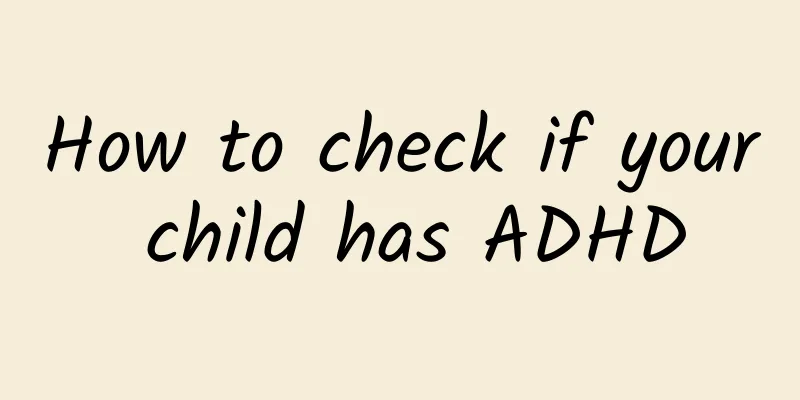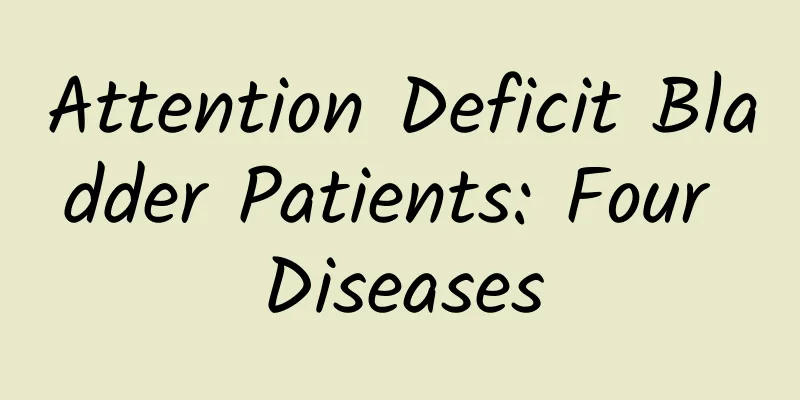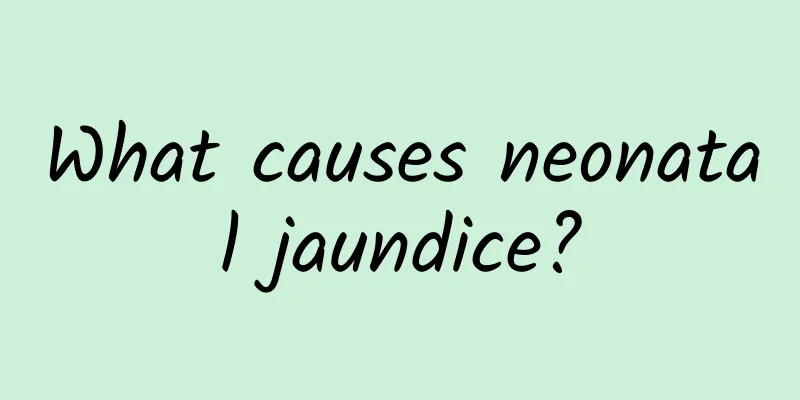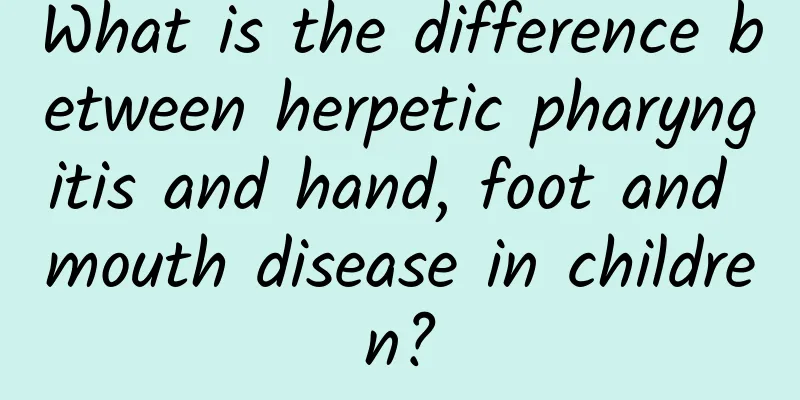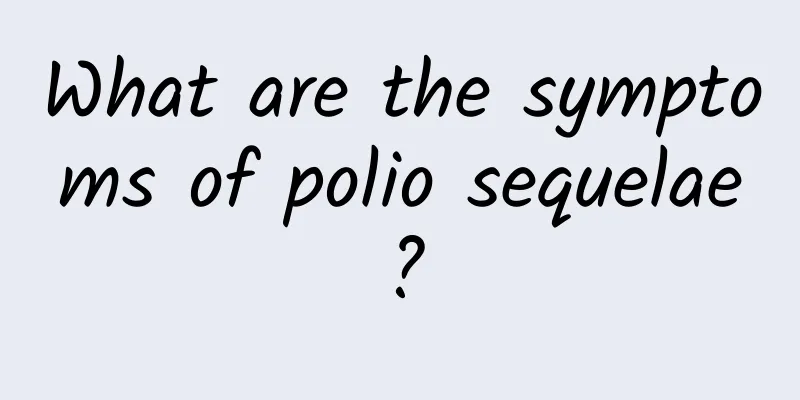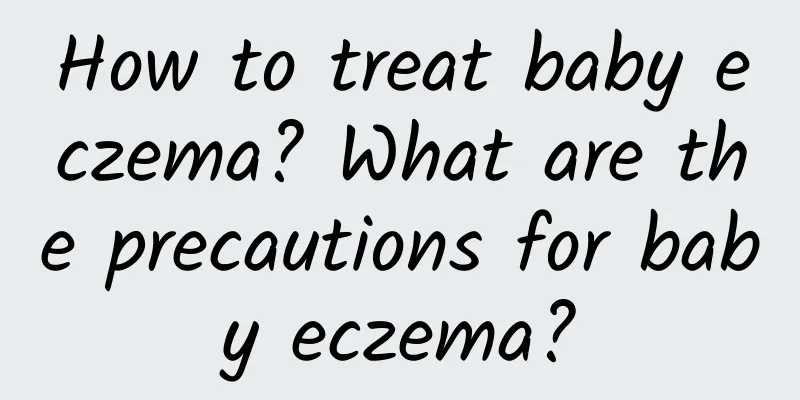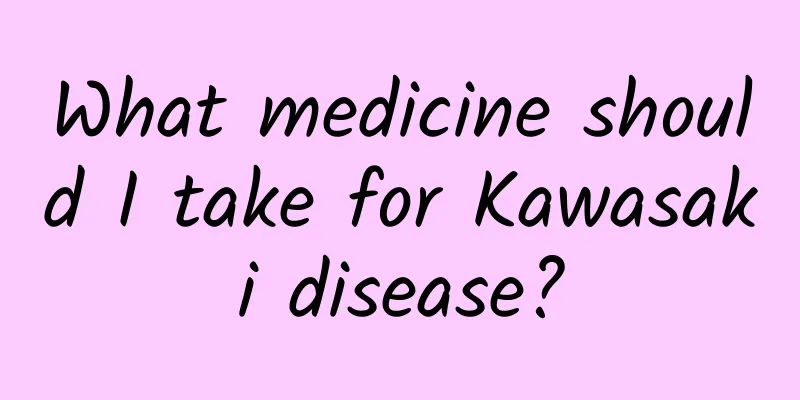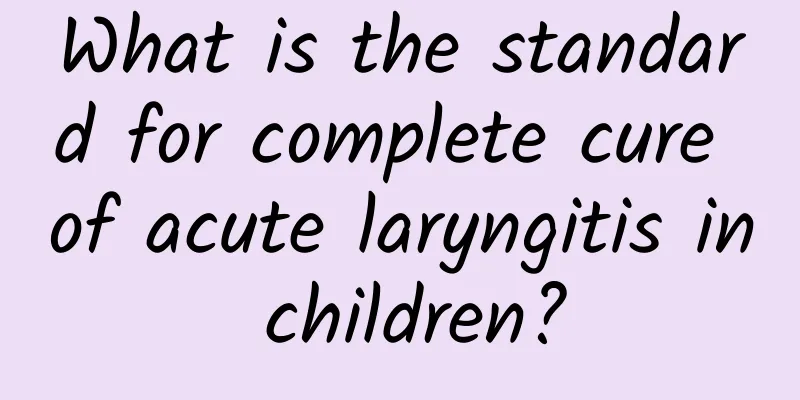Causes and treatment of convulsions in children
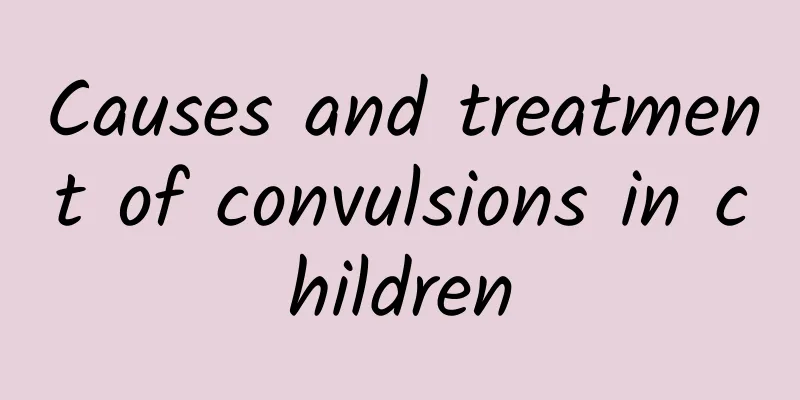
|
The causes of childhood convulsions include genetic factors, external environmental influences, abnormal physiological functions and stimulation from certain diseases. The treatment method requires timely medical treatment and targeted treatment after the cause is identified, including drug treatment, control of inducements and preventive measures. 1. The main causes of convulsions in children 1. Genetic factors Some pediatric seizures have a family history, especially febrile seizures. If there is a similar medical history in the family, the child's risk of seizures will increase significantly. If the child has already shown symptoms of seizures, it is necessary to explain the family history in detail to the doctor for a more accurate diagnosis and treatment guidance. 2. Environmental factors External stimuli such as high fever, infection, and malnutrition may trigger seizures. For example, common childhood infectious diseases such as influenza and tonsillitis can cause children to have a high fever, which may be a common cause of febrile seizures. Protecting children from cold or overheated environments and controlling their body temperature in a timely manner are important preventive measures. 3. Abnormal physiological function Incomplete development of the nervous system or brain abnormalities are also important causes of convulsions in children. For example, abnormal discharge of brain neurons in infants and young children can cause epileptic seizures. In this case, an electroencephalogram should be performed to determine whether it is an epileptic convulsion. 4. Pathological factors Some severe infections or brain diseases (such as meningitis, encephalitis, craniocerebral injury, etc.) may also cause convulsions. These diseases cause direct damage to the brain, manifested as severe convulsions or loss of consciousness. In this case, you need to go to the doctor immediately for cranial imaging examinations and targeted treatment. 2. How to deal with and treat convulsions in children 1. Acute treatment Once a child is having a convulsion, parents should stay calm and avoid shaking the child. Lay the child on his side to prevent suffocation caused by oral secretions blocking the airway. Do not force open the child's mouth or try to feed him. Call emergency services as soon as possible. 2. Medication If it is a febrile seizure caused by high fever, doctors often use antipyretic drugs (such as ibuprofen, acetaminophen) to quickly reduce the temperature; for epileptic seizures, long-term use of anti-epileptic drugs (such as carbamazepine, sodium valproate, lamotrigine, etc.) may be required. Strictly follow the doctor's instructions before taking the medicine. 3. Prevent triggers For children who are prone to convulsions, parents need to pay special attention to daily observation and avoid exposing their children to high fever or strong stimulation. At the same time, maintaining a balanced nutrition and vaccination can improve children's immunity, which is crucial to reducing certain infections and their complications. III. Reminder to Parents and Readers Seizures in children may be a relatively mild physiological abnormality or a sign of a serious disease. If a child has symptoms such as convulsions, loss of consciousness, or a persistent high fever, he or she should seek medical attention immediately and not treat it on his or her own. After identifying the cause, it is key to develop an effective treatment and prevention plan based on the doctor's advice. In normal times, pay attention to improving the child's living environment, monitor their health status, and intervene in a timely and effective manner when necessary, which will help protect the child's health to the greatest extent. |
<<: The four stages of pneumonia in children and their medication
>>: What is the cause of recurrent jaundice in newborns?
Recommend
What to do if a three-month-old baby suffers from bronchial pneumonia? 6 nursing methods for bronchitis
What are the symptoms of bronchial pneumonia in a...
Principles of treatment for patent ductus arteriosus in neonates
The treatment principles for patent ductus arteri...
What are the methods of home care for acute laryngitis in children?
What are the methods of home care for acute laryn...
How to do primary prevention of Kawasaki disease
Kawasaki disease is a disease that appeared in Ja...
What is the standard for complete cure of acute laryngitis in children?
Acute laryngitis in children often occurs in wint...
What to do if children cough badly at night
When the seasons change, it is the peak time for ...
Medical care for children with mid-stage renal disease
Adults are a high-risk group for kidney disease, ...
Can Kidney Disease in Children be Cured?
Can childhood kidney disease be cured? In recent ...
How hand, foot and mouth disease is spread and prevented
Hand, foot and mouth disease spreads through thre...
What discomfort does jaundice cause?
What discomfort does jaundice cause? 1. Jaundice ...
Three major characteristics of breast milk jaundice
Breast milk jaundice refers to jaundice symptoms ...
Is your child malnourished?
1. Mood changes A large amount of research data s...
Is minimally invasive surgery for pediatric hernia good? 3 conventional surgeries for treating pediatric hernia
If a child has hernia, it can be treated medicall...
Blood test for polio
Polio is a disease that troubles many parents. Fi...
What can't children eat when they have a cough?
Children with coughs should not only seek medical...

